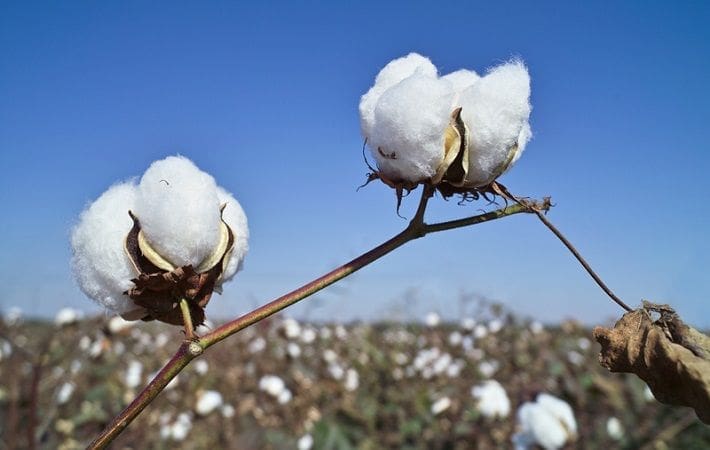Textile industry players are batting for removal of import duty on cotton and a stimulus from the government after being hit by a dip in demand due to the global financial crisis and the Ukraine war. The industry has been also affected by the rise in Indian raw cotton prices, which are at least 10-20 per cent higher than international cotton right now.
“The rate of Indian raw cotton is 10-20 percent higher than the international cotton, including the Chinese cotton. This makes Indian spinning mills not to source cotton from India due to the higher rate. At the same time, the Government of India has imposed 11 percent import duty. This spoils the level-playing field,” said K Venkatachalam, Chief Advisor, Tamil Nadu Spinning Mills Association (Tasma).
India’s cotton textile and raw cotton exports dipped by 29 percent to $5.406 bn in the April-September period, compared to $7.606 bn during the same time in 2021-22. During the same period, cotton textile exports dipped by 23 percent to $4.791 bn as against $6.468 bn last year. Similarly, raw cotton exports too declined by 62 percent from $1.138 bn from April to September 2021 to $435.9 mn in 2022, according to the data shared by the Tasma.
“Our cotton rates are not competitive globally. Domestic market is also shifting faster from cotton to polyester and consumption is down. Hence, the government should remove the import duty and make our raw materials at par with international prices,” said Sanjay Kumar Jain of Delhi-based TT Ltd.
This comes at a time when there is a shortage of demand for textile goods globally due to the Ukraine-Russia war. “Unless the Government of India proposes a stimulus package to textile industries at all levels, whether they are spinning, weaving, fabricating, ready-made garments and home textiles, most of the industries will become NPAs very shortly, as they are all working only for two to three days in a week and their efficiency has come down to the extent of 30 percent only,” Venkatachalam added.
On the other hand, moving in line with the overall merchandise exports that dipped by 16.7 percent to $29.8 bn in October, ready-made garment (RMG) exports too dipped during the month.
“Since most of the traditional markets of Indian RMG including UK, EU and the US are witnessing recession and global headwinds, leading to shrinking of demand on one side and buyers asking for 15 percent discount on the other, we have requested the government for expediting FTAs in these markets and ensure all tariff lines of RMG sector, which will enable a duty reduction from the existing 9.6 percent and act as a strong breather,” said Naren Goenka, Chairman, Apparel Export Promotion Council (AEPC).

